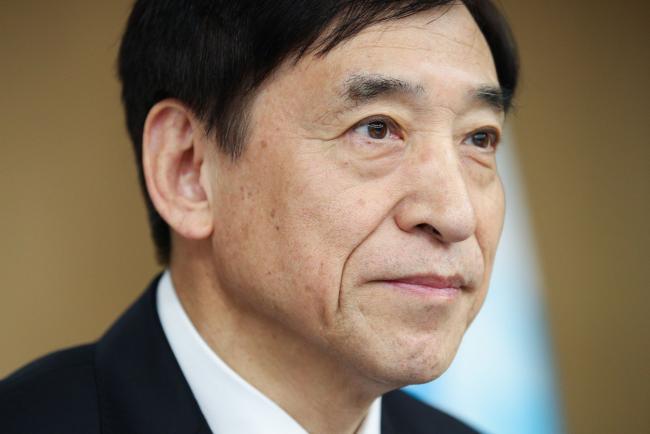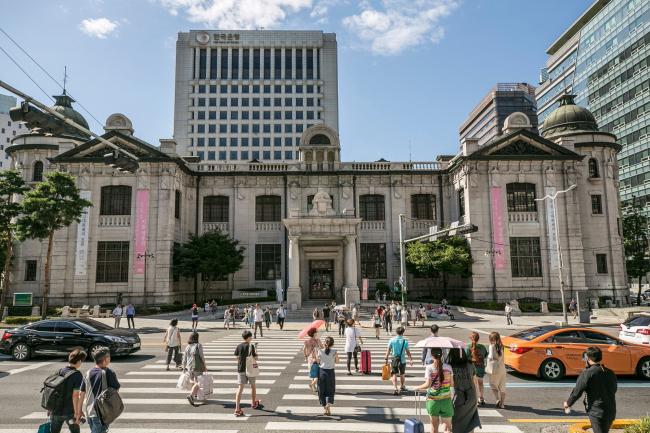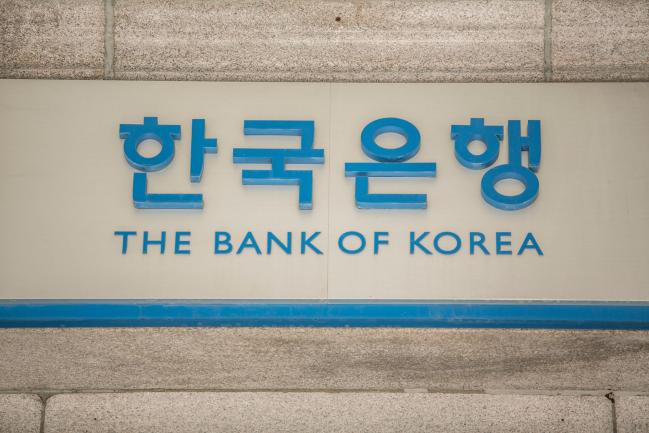(Bloomberg) -- South Korea’s central bank left its key interest rate unchanged Friday, opting to monitor signs of green shoots in the economy as the government steps up fiscal spending.
The Bank of Korea kept the seven-day repurchase rate at 1.25% in its first policy decision of the year, an outcome forecast by all but one of 22 analysts surveyed by Bloomberg. One economist predicted a cut to 1%.
After a flurry of rate cuts last year, global central banks including the Federal Reserve are now pausing to give stimulus a chance to feed through the economy and as trade tensions subside. South Korea’s economy is expected to perform better this year than in 2019 and the government is determined to restore growth momentum through what it calls the most expansionary spending possible.
“The Bank will wait to see the impact of fiscal front-loading before cutting rates,” Rory Green, an economist at TS Lombard, said before the decision. “Fiscal policy is now in the driving seat.”
There are nascent signs South Korea’s trade-dependent economy, which probably grew at the slowest pace in a decade last year, may be turning a corner. Semiconductor exports, the country’s biggest source of income, rose in the first ten days of January for the first time in more than a year. The economy also added the most jobs in about five years in December. Still, headwinds remain. South Korea’s trade spat with Japan has yet to be fully resolved and U.S.-China trade tension could flare up at any time. Inflation remains well below the BOK target rate of 2%.
BOK watchers will be watching the post-decision press conference for cues on how Governor Lee Ju-yeol assesses the economy. A small majority of analysts surveyed by Bloomberg expect the bank to hold rates at the current level through 2020. The rest project one cut.
If Lee focuses on the risks of low interest rates -- such as rising housing prices and an accumulation of household debt -- that would tilt the balance toward a prolonged hold, while an emphasis on economic risks would bolster rate-cut bulls.
Projecting the path of BOK policy is further complicated by a looming board shakeup. Four of the bank’s seven board members have terms that expire in April and another’s term ends in August.
“I expect the BOK to keep the policy rate on hold through 2020 although I see the possibility of another rate cut should growth continue to disappoint and inflation would fall back again,” said Arjen van Dijkhuizen, an economist with ABN Amro.
The BOK will update its projections for economic growth and inflation next month, having forecast 2.3% growth and 1% inflation for 2020 in November.
(Updates to add economist comment.)


